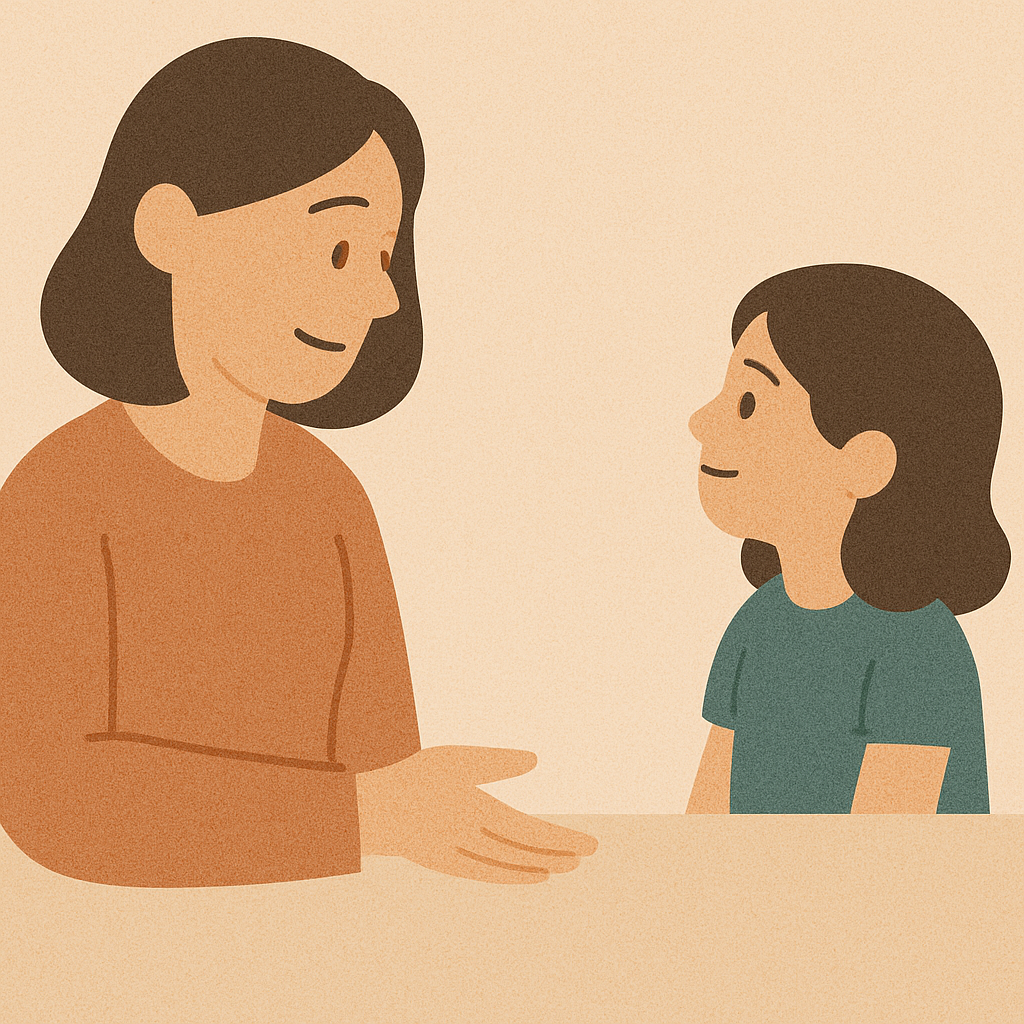
5 Things You Need To Overcome Self-Doubt and Build Confidence
Reduce negative self-talk: Paying attention to the way we talk to ourselves is so important. Instead of thinking, “I can’t do this,” reframe it to something more constructive, like, “I’ll do my best and learn from the experience.” For example, I worked with a client who constantly criticized themselves before presentations. By practicing more supportive and positive self-talk, they were able to approach public speaking with less fear and more confidence.

8 Common Cognitive Distortions and How to Recognize Them
Our thoughts are powerful. They shape how we see ourselves, how we experience the world, and how we relate to others. But sometimes, our minds can trick us into believing things that aren't entirely true, especially when we’re stressed, anxious, or feeling down. These patterns of distorted thinking are called cognitive distortions.

Self-Care Isn’t Selfish It’s Essential
In a world that often praises productivity and busyness, taking time for yourself can feel indulgent or even selfish. But here’s the truth: self-care is not selfish. It’s necessary. Tending to your own well-being is what allows you to move through life with more clarity, presence, and emotional strength. It’s not about escaping your responsibilities, it’s about honoring your limits and meeting your needs.

Back to School Transitions: Finding Your Groove Again
The start of a new school year brings with it a mix of emotions. For some kids, it’s an exciting fresh start filled with new friends, teachers, and opportunities. For others, it can feel daunting with earlier mornings, heavier schedules, and the big adjustment from summer’s flexibility to the structure of school. And for parents, it’s often a combination of pride, stress, and the ongoing challenge of holding it all together.

Building Self-Regulation Through Play: 5 Games That Make a Big Impact
Helping children develop self-regulation, the ability to manage their thoughts, emotions, and behaviors, is one of the most important foundations we can give them. And the best part? It doesn’t have to feel like work. In fact, research shows that playing certain games just twice a week for about 30 minutes can significantly improve a child’s self-regulation skills.

The Power of a Sincere Apology: Teaching Children Through Our Own Mistakes
We all make mistakes. It’s an inevitable part of being human. But what truly matters—especially in the eyes of our children—is how we choose to respond to those moments. The way we handle our missteps teaches them far more than words ever could.

Talking to Your Children About the Middle East Conflict
In a time of global turbulence, many parents ask: How do we speak with our children about the ongoing conflict in the Middle East? I recently discussed this important topic on a webinar hosted by the Groza Learning Center.

How Each Of Us Can Leverage The Power Of Gratitude To Improve Our Overall Mental Wellness
Volunteer or give back: Helping others can increase feelings of gratitude and improve overall mental wellness. Consider volunteering your time or donating to a cause that you care about. This can not only benefit others, but it can also help you feel a sense of purpose and fulfillment.

How to Raise Children Who Feel Loved and Connected
Communicate openly with your child. Children want to be heard and truly listened to. You might not understand everything they are going through, but they will feel the effort from you in trying to understand their experience, and sitting with them in the tough times. When a child approaches their parent with an issue, it’s important for parents to listen without getting defensive. This is important at any age, not just teenagers and older children. This is vital even with toddlers and very young children who may not have fully developed language skills. If a child is expressing their emotions through behaviors like tantrums, it’s important for parents to identify and acknowledge those feelings.
